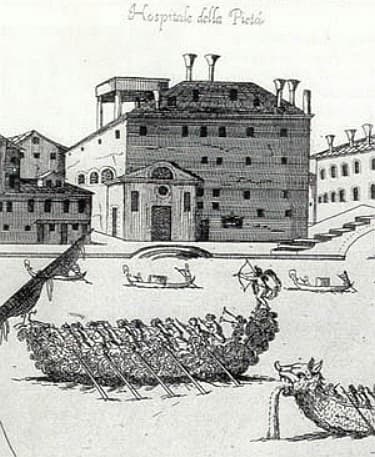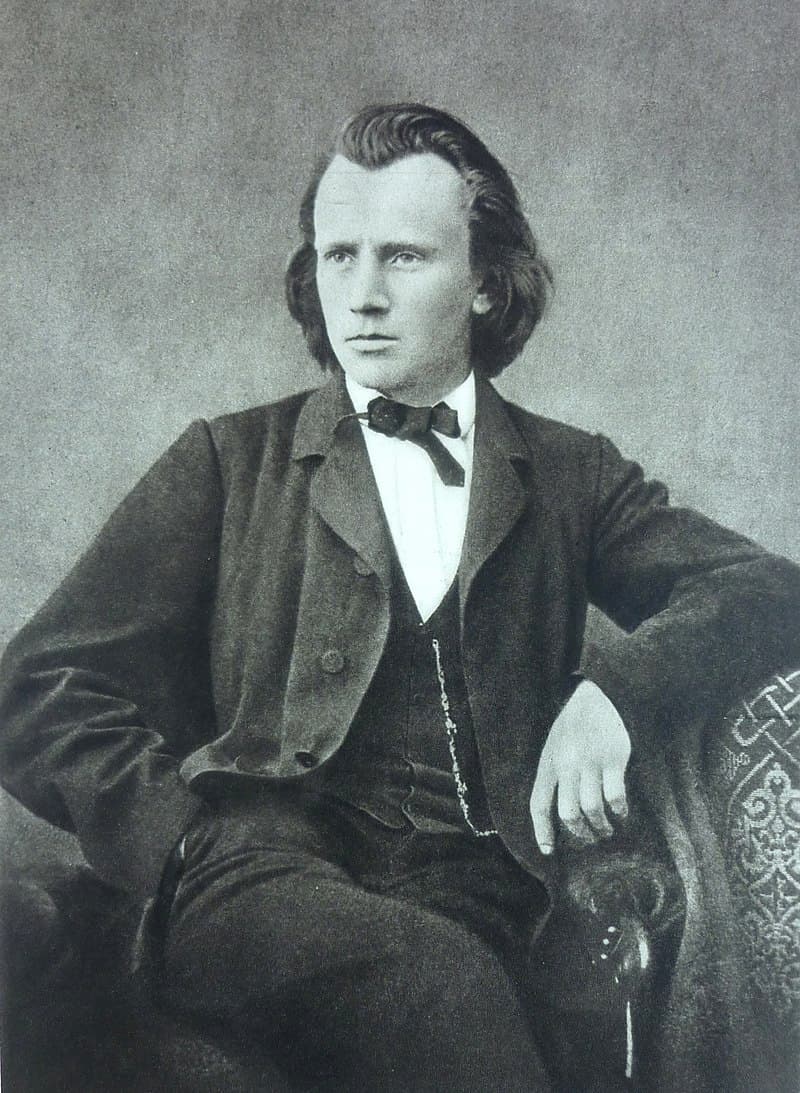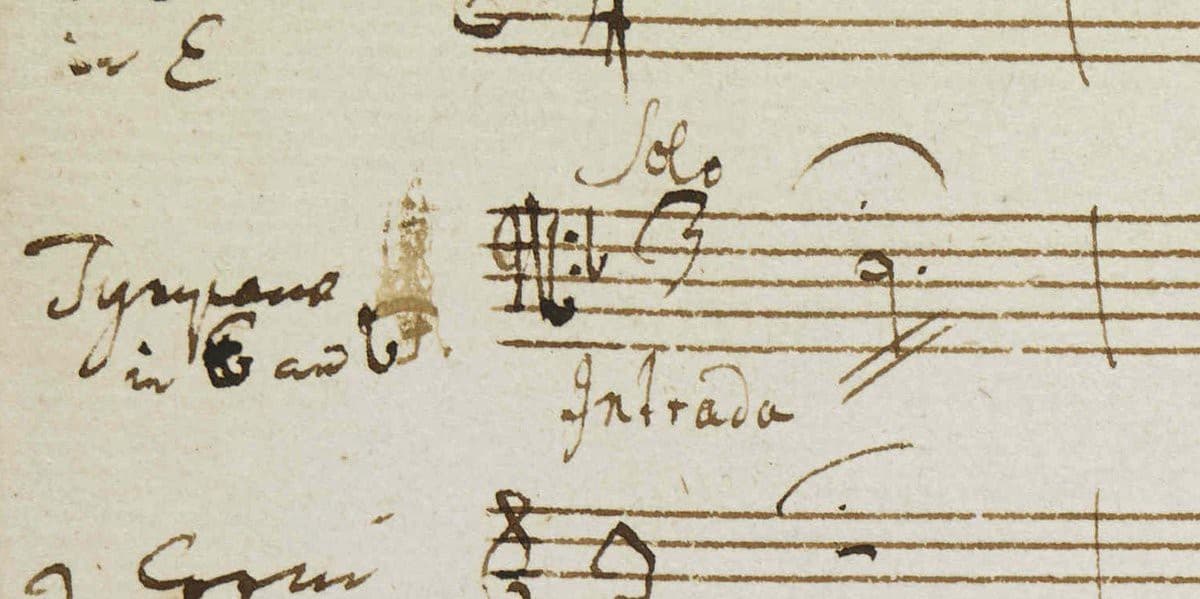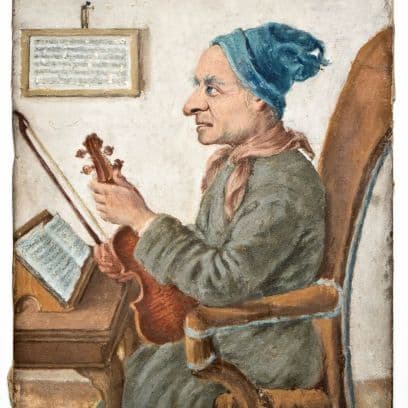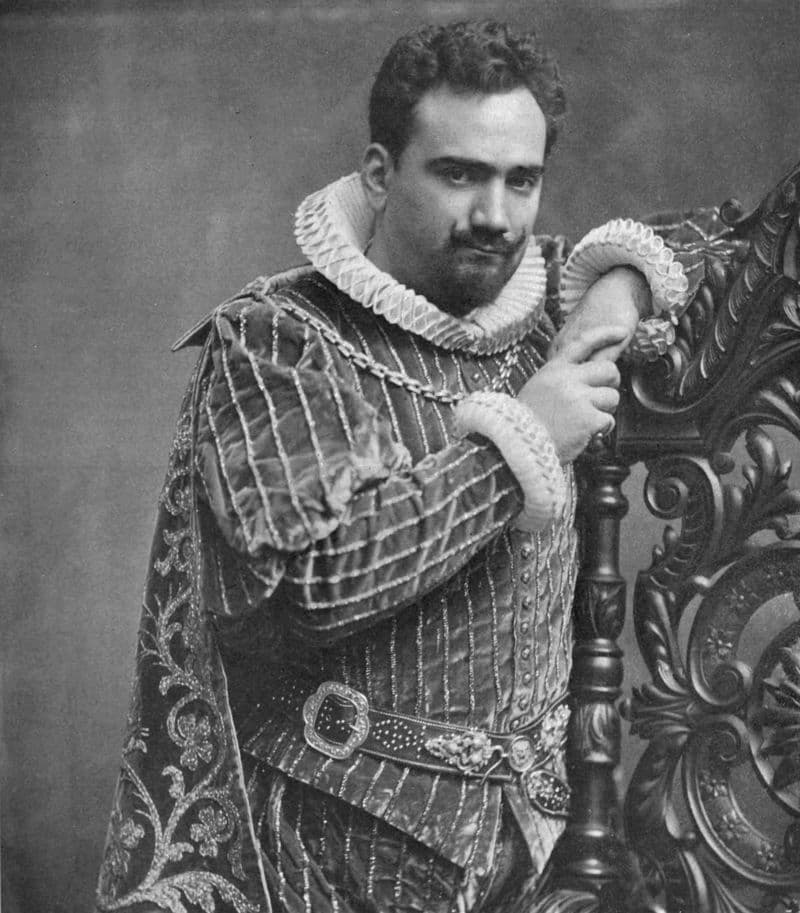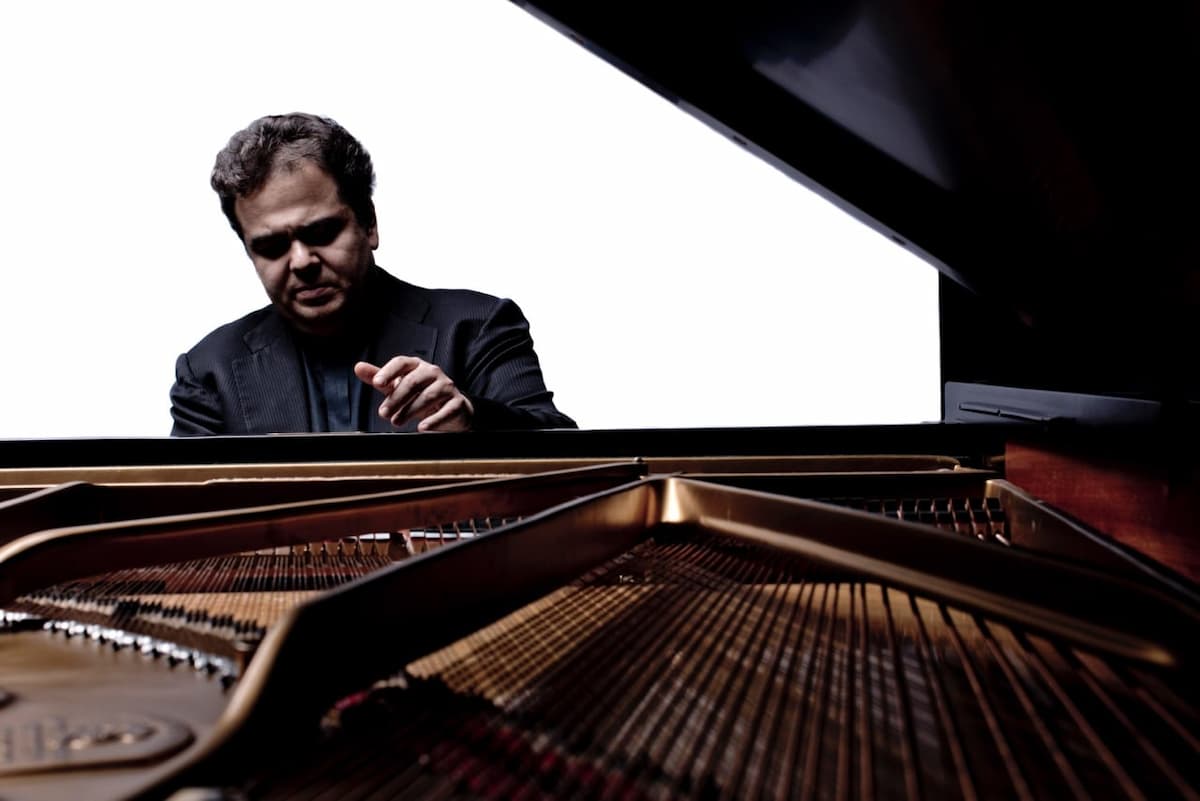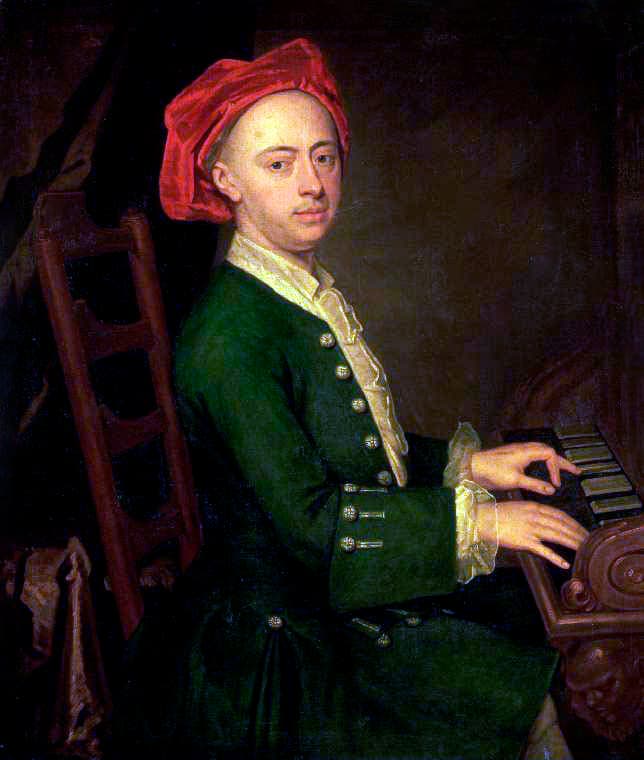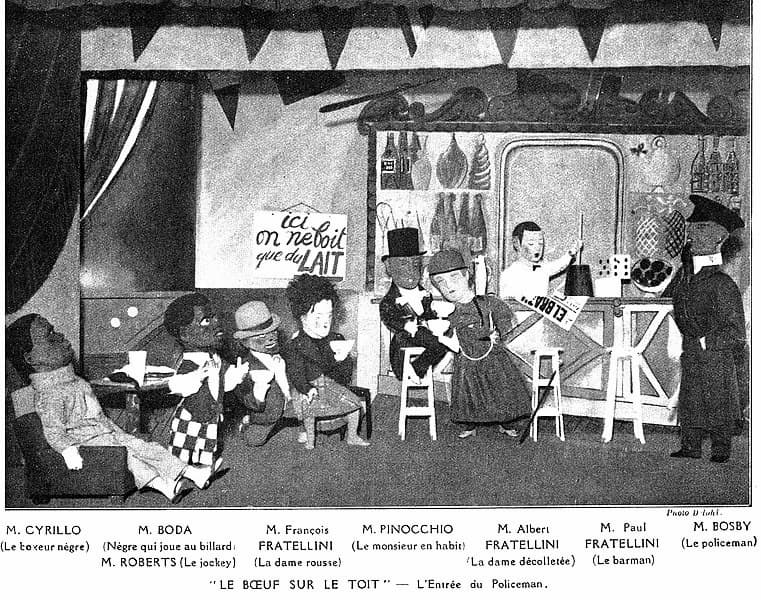The city of Venice underwent a fundamental transformation towards the end of the 17th century. For centuries Venice had wielded considerable economic powers based on the manufacturing of textiles and from trade with Europe and Asia. Gradually, however, culture became
On This Day
For well over 20 years, Johannes Brahms (1833-1896) seriously considered writing an opera. In 1869, encouraged by the conductor Hermann Levi and the engraver Julius Allgeyer, Brahms initially contemplated, more or less seriously, operatic settings of Méhul’s Uthal, the heroic
Joseph Haydn (1732-1809) was already considered the greatest living composer when the impresario Johann Peter Salomon invited him to compose and conduct first six, and later six more symphonies for the cosmopolitan audiences in London. The British press hailed him
Once Giuseppe Tartini returned to Padua from his two-year stay in Prague, he quickly set up his famous violin school “La scuola delle nazioni” in 1728. By that time he already had an international reputation, which brought students from all
Enrico Caruso, born on 25 February 1873 in Naples, was considered the greatest tenor of the century. For one, that assessment is based on the exceptional appeal of his voice, “fusing the full burnished timbre of a baritone with a
For many critics, Arcadi Volodos is the next legendary pianist. “He has everything; imagination, color, passion, and a phenomenal technique to carry out his ideas.” A San Francisco critic raves, “his fingers fly around the keyboard, faster and more accurately
The Austrian poet and novelist Rainer Maria Rilke wrote, “Fame is nothing but the sum total of misunderstandings that cling to a name.” George Frideric Handel (1685-1759) is almost universally acknowledged as one of the greatest composers of his age,
By his mid-20s, Darius Milhaud (1892-1974) was already an international musical superstar. His musical direction was well established early on, as he writes, “My musical education was influenced exclusively by the Latin-Mediterranean cultural milieu, which is readily explained by the

